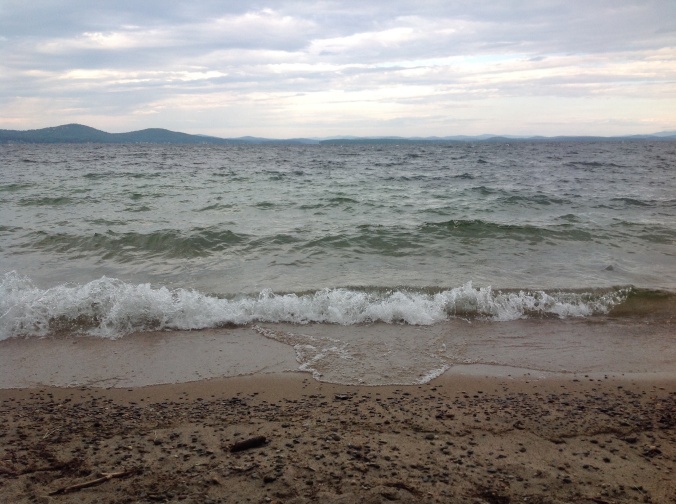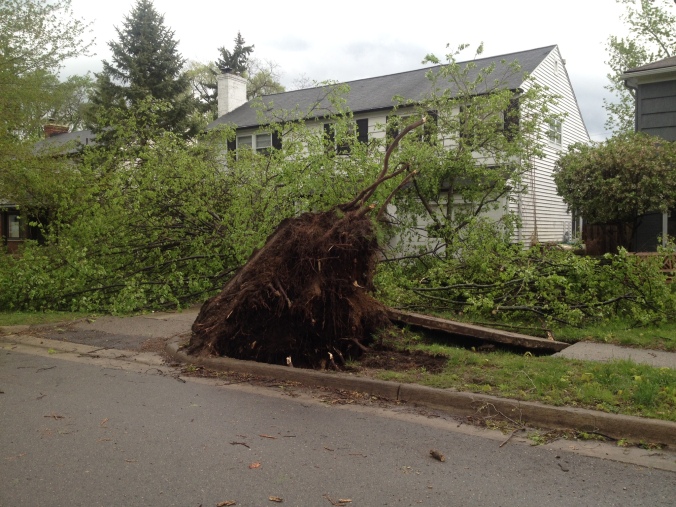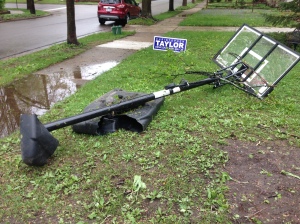Today, on winter solstice, I realize that I have been less aware than usual of the encroaching darkness this year. True, I begin my walk home from work each day under glowing street lamps, but unlike other years, I have not minded the lengthening night. Unfortunately, I cannot say that I am happy with this development, because my lack of reaction stems from a lack of noticing. This story is one of preoccupation, not equanimity or acceptance.
Most winters, I have groaned at the loss of daylight. I’ve watched with a touch of melancholy as the darkness crept relentlessly forward and the sun retreated deep into the southern sky. I’ve long loved solstice, however, because it is a literal and figurative tipping point. I go joyfully to the wonderful and thoughtful celebration hosted by our dear friends, who offer an evening of community to reflect on night’s zenith and the beginning of daylight’s inexorable march forward. There, we are invited to let go of something within us that is unwanted, to put it into the past, and to welcome something new as we look ahead to increasing daylight.
I am particularly eager for the celebration tonight.
This past semester of teaching has been among my most difficult, though I am convinced that I offered my students an excellent experience in the legal clinics that I teach. Inside, though, I felt like I was careening along twisty roads at a breakneck pace, just barely hanging on. Week after week was filled with late nights, early mornings, weekend work, and certainty that my life was out of balance with no chance of change within the semester’s demanding confines. It all ended well, to be sure, and this post isn’t so much about work as it is about the importance of noticing and intentionality and balance.
I miss my moaning and groaning about the plunge into ever-longer darkness, because I miss being a person who notices things. For me, ignorance is not bliss. Rather, it signals that I am damped down, preoccupied, closed off. And my failure to notice the lengthening night raises questions of what else I’ve overlooked. What flew by unappreciated? Was I present enough for my family and friends (alas, I’m sure the answer is “no.”)?
This winter solstice is a chance to wake up.
I’ve found myself noticing again the past couple of weeks, probably because classes ended and some big projects came to fruition. Even as my mind was going a mile a minute for the last few months, portions of it fell into dormancy. The lead-up to solstice has been like an alarm clock, and the parts of my mind that have been sleeping are now throwing off the covers, sliding out of bed, and revving up to meet the day. I need these parts to be “on” in order to balance the more work-related parts, the parts that are forced into overdrive every semester, a trend that seems only to be increasing. One sign of my recent awakening is that this month I’ve turned my attention back to writing (more on that in a forthcoming post). For me, that means turning my attention back on, because I am at my most attentive and open when I am writing regularly.
So, what will I welcome into my life this solstice? A daily writing discipline and the increased sense of being present that this brings. Being more efficient during the work day (not that I’ve been lazy, but there’s room for improvement), so I can let go of my work in the evenings and on weekends. More time talking and corresponding with friends and distant family. Richer and more frequent connection with my wife and kids. In other words, as the hours of daylight increase bit by bit, I want to be more open to those things that bring joy and balance into my day to day life.
What do you hope for in your life on this solstice? If you’d like, share through a comment to this post.
I wish everyone reading this piece a contemplative solstice, happy holidays, and a healthy, joyful new year.


